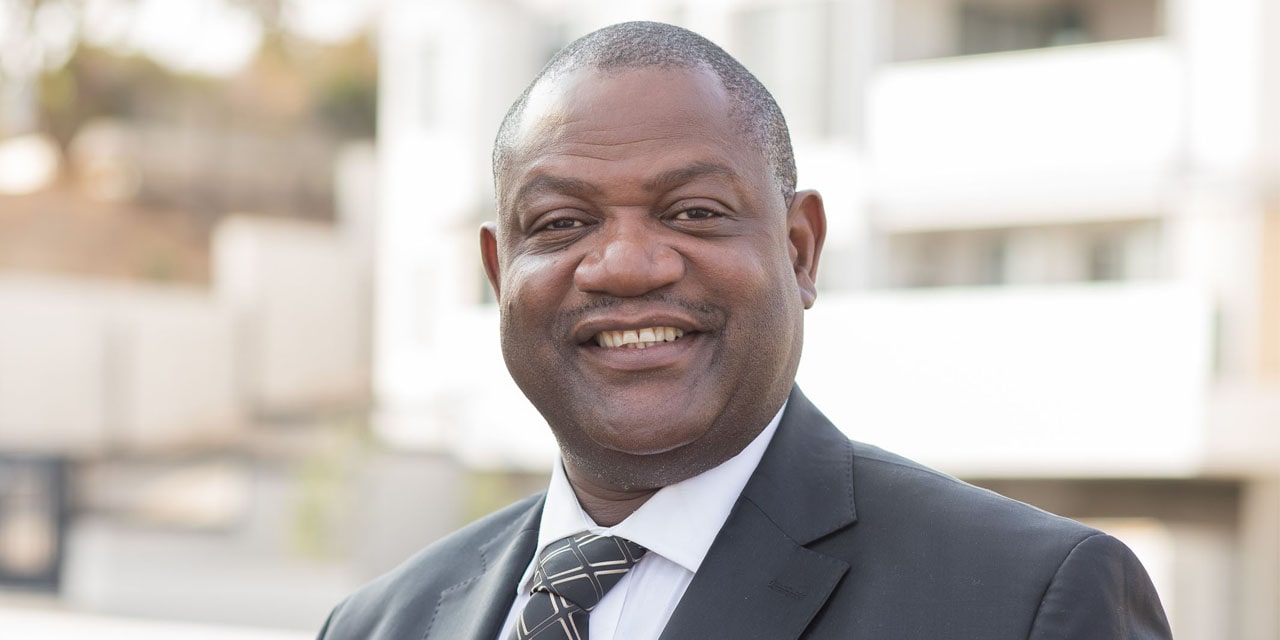Andrew Kathindi
The newly appointed Fishcor Board has resolved to change the company’s name as it continues to be used at the forefront of the Fishrot scandal.
Fishcor was allegedly used to illegally funnel millions out of the fishing industry. These actions were done by its accused former board chairman and CEO, James Hatuikulipi and Mike Nghipunya in a web that is believed to be wide-reaching.
Hatuikulipi, Nghipunya along with several others known as the Fishrot seven, including former Fisheries Minister Bernard Esau and former Justice Minister, Sackey Shanghala, are currently in prison while awaiting trial on various related charges.
Fishcor Board Chairperson Heinrich Mihe Gaomab II said the board decision had been taken to save the company from its ‘tainted’ past, adding that “there is clearly a need to redefine our strategic intent and direction and chart the way forward with Fishcor.”
When quizzed on when the rebranding exercise will likely begin and the projected costs involved, Gaomab II told Windhoek Observer there was no date set yet, “but it is a strategic imperative. We are currently assessing our financial strength and only then will we consider cost implications.”
Among the company’s other objectives is assessing its’ executive, management and leadership effectiveness. This comes as the company has been without a substantive CEO since Nghipunya was suspended earlier this year to allow investigations into his alleged activities.
The company is currently in the hunt for an interim head to replace General Manager Finance, Paulus Ngalangi, whose term ended as Fishcor’s acting boss in May.
Among some of the decisions also announced by the interim board, are plans to terminate investments made with its subsidiary Seaflower Pelagic Processing (SPP), majority-owned by businessman Adriaan Louw.
“We, as Fishcor, distance ourselves from these so-called agreements [with Seaflower] in total and inform the public that we are currently pursuing options legal or otherwise on the termination of these so-called agreements,” Gaomab II had said.
The decision, according to the government-owned fishing company, was motivated by Deputy Judge President Hosea Angula’s ruling last month that a “ cozy but parasitic relationship” exist between Fishcor and SPP.
The Fishcor Board which is serving a six month mandate until January 2021, is chaired by former Executive Director at the African Development Bank Group and Communications Regulatory Authority of Namibia board chairperson, Heinrich Mihe Gaomab II.
Other board members include Kalahari Holdings Director and Social Security Commission’s Executive Officer, Milka Mungunda.
Former Magistrate Ruth Herunga and University of Namibia Department of Agriculture and Natural Resources Head, Dr. Penny Hiwilepo van Hal make up the four-member board.
Fishcor is the holding company of Seaflower Whitefish and Seaflower Lobster. Seaflower Lobster is owned fully by Fishcor while Seaflower Whitefish is owned 78 percent by Fishcor and 22 percent by the Governors’ Trust.
Seaflower Whitefish operates in the hake industry and has a processing facility in Lüderitz. Seaflower Lobster is the only company with an operating factory for lobsters in Namibia.




